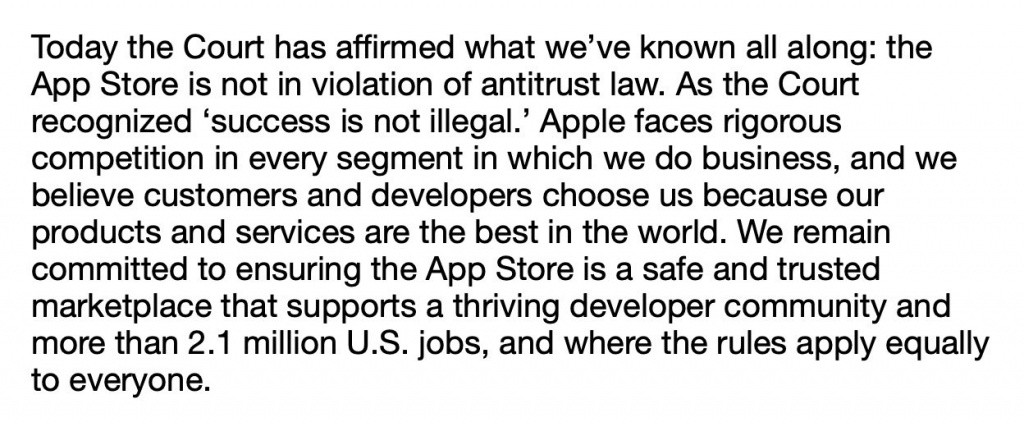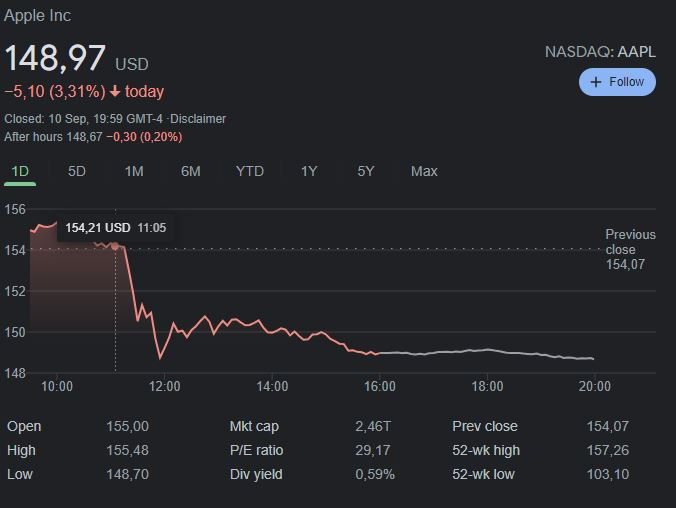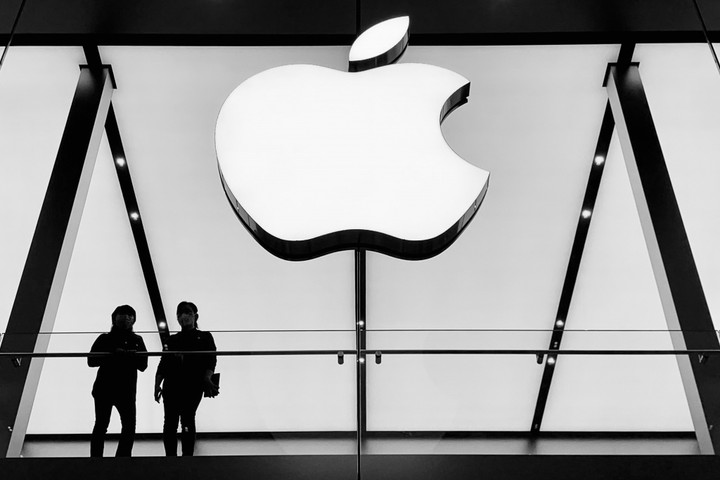Epic Games has secured a massive win in their lawsuit against Apple Inc. The lawsuit came as a result of Apple removing Fortnite from the App Store, citing that the developers "violated their company guidelines." The U.S. District Court ultimately ruled that Apple can no longer stop app developers from redirecting users to their own payment solutions, existing outside of Apple's App Store. Apple's claim that all purchases should be made inside the app store was rejected after a federal judge ruled it "anti-competitive."
U.S. District Court rule in favour of Epic in lawsuit against Apple
Judge Yvonne Gonzalez Rogers of the U.S. District Court ruled that it could not "conclude that Apple is a monopolist" but issued a permanent injunction barring Apple from prohibiting the ability for developers to redirect users to payment methods outside of the App Store. The ruling is set to take effect starting on the 9th of December this year unless an appeal is made ahead of this date.

An excerpt of the injunction read as follows:
"Apple Inc [...] are hereby permanently restrained and enjoined from prohibiting developers from (i) including in their apps and their metadata buttons, external links, or other calls to action that direct customers to purchasing mechanisms, in addition to In-App Purchasing and (ii) communicating with customers through points of contact, obtained voluntarily from customers through account registration within the app."

An Apple representative issued a statement in response to the U.S. District Court ruling, which read: "Today the Court has affirmed what we've known all along: the App Store is not in violation of antitrust law."
The statement continued by adding: "Apple faces rigorous competition in every segment in which we do business, and we believe customers and developers choose us because our products and services are the best in the world."

Epic Games' CEO, Tim Sweeney, responded to the statement in a post on Twitter, which read: Today's ruling isn't a win for developers or for consumers" and affirmed that "Epic is fighting for fair competition among in-app payment methods."
Today’s ruling isn't a win for developers or for consumers. Epic is fighting for fair competition among in-app payment methods and app stores for a billion consumers. https://t.co/cGTBxThnsP
— Tim Sweeney (@TimSweeneyEpic) September 10, 2021
The U.S. District Court ruling ultimately sets the precedent for other game developers to redirect users to their own marketplaces for online purchases as well. This is arguably a massive win for smaller game studios that may no longer lose out to taxation from App Store purchases.
Why did Apple Stock fall by 3.3%?
The U.S. federal judge noted that Apple's anti-steering provisions "illegally stifle consumer choice", adding "coupled with Apple's incipient antitrust violations, these anti-steering provisions are anticompetitive and a nationwide remedy to eliminate those provisions is warranted."
There's no doubt that this ruling will have a tremendous impact on revenue derived from App Store purchases, which comprise a major component of Apple's overall revenue. The third quarter of this year saw $17.5 billion generated from in-app purchases (or 32.9% of total earnings), according to Apple Earnings Reports.

Apple Inc stocks took a steep knock, falling by 3.3% since the ruling was publicized. Although the ruling was instigated by Epic Game's lawsuit against Apple, it is possible that we could see similar rulings extend to other major platforms, like the Google Play Store as well in the future.
Apple has 90 days to open up the App Store for third-party payments. We endeavour to update you regarding further developments on this story.
- Read more: How to face scan in NBA 2K22
Don't forget to check out our general video games section for industry news, guides, leaks and much more.
Header image via Unsplash.

 No ads, our video library,
No ads, our video library,

